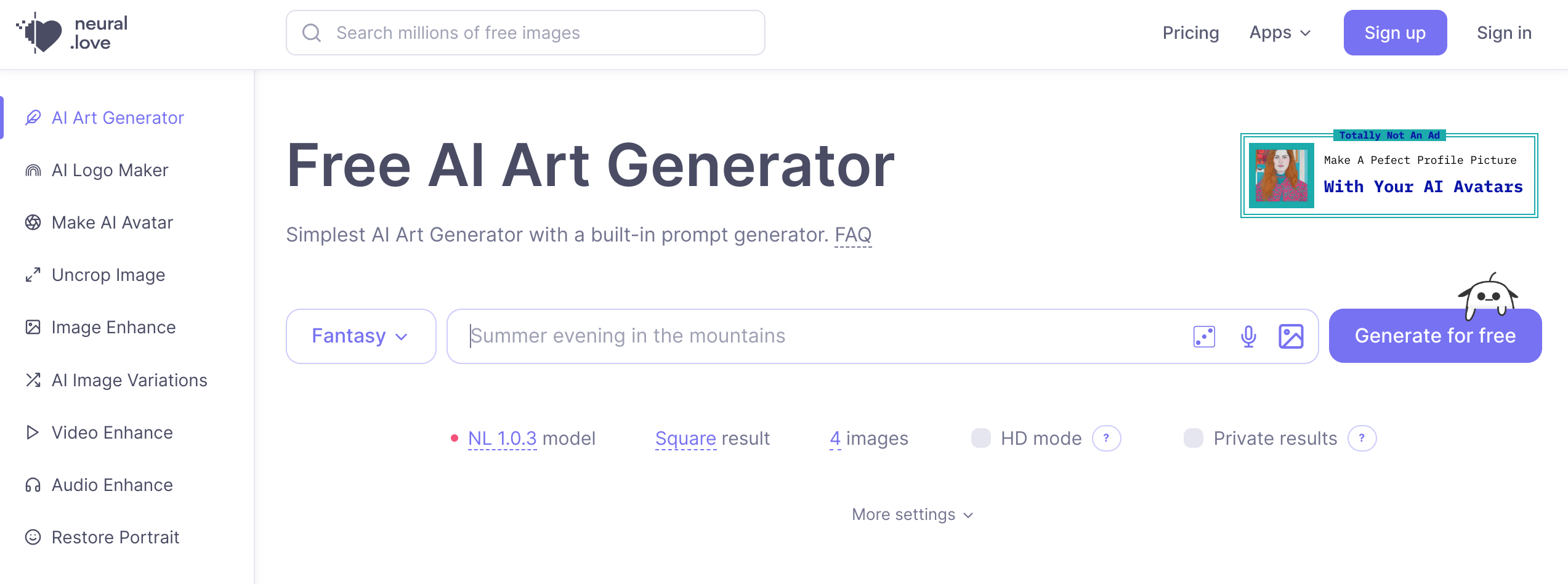I. Introduction
With the increasing importance of fair and secure voting systems, the potential use of blockchain technology for voting has become a topic of interest. Blockchain technology provides a secure and transparent way to record and verify transactions, which can be applied to voting systems to increase accuracy, reduce fraud, and improve trust in the election process.
II. How Blockchain Technology Can Improve Voting Systems
Blockchain technology can provide several benefits to voting systems, including:
- Transparency: Blockchain technology allows for transparent tracking and verification of votes, which can increase trust in the election process.
- Security: The decentralized and immutable nature of blockchain technology makes it difficult for any single entity to manipulate or alter voting data.
- Accessibility: Blockchain technology can potentially make voting more accessible by enabling remote and secure voting options.
- Efficiency: The automation and verification capabilities of blockchain technology can reduce the time and resources needed for vote counting and auditing.
III. Case Studies of Blockchain-based Voting Systems
There have been several successful implementations of blockchain-based voting systems, including:
- Moscow City’s Active Citizen platform: The city of Moscow implemented a blockchain-based voting system for its Active Citizen platform, which allows residents to vote on city initiatives and provide feedback on city services.
- West Virginia’s mobile voting system: In the 2018 midterm elections, West Virginia piloted a mobile voting system based on blockchain technology for military personnel stationed abroad.
- Sierra Leone’s presidential election: In 2018, Sierra Leone used a blockchain-based voting system developed by Agora to record and verify votes in its presidential election.
IV. Challenges and Concerns
While blockchain technology has the potential to revolutionize voting systems, there are also several challenges and concerns that must be addressed. These include:
- Security concerns: Despite the security benefits of blockchain technology, there are still concerns around the potential for hacking and other attacks on voting systems.
- Accessibility issues: While blockchain technology can potentially make voting more accessible, it can also create new barriers for certain groups, such as those without access to technology or with limited digital literacy.
- Implementation challenges: Implementing blockchain-based voting systems requires significant technical expertise and resources, which can be a challenge for some organizations and governments.
V. Conclusion
Blockchain technology has the potential to revolutionize voting systems by increasing transparency, security, accessibility, and efficiency. While there are still challenges and concerns that must be addressed, the successful implementations of blockchain-based voting systems in various contexts demonstrate the potential of this technology to improve the election process. As the technology continues to develop and mature, we can expect to see more experimentation and adoption of blockchain-based voting systems around the world.

















